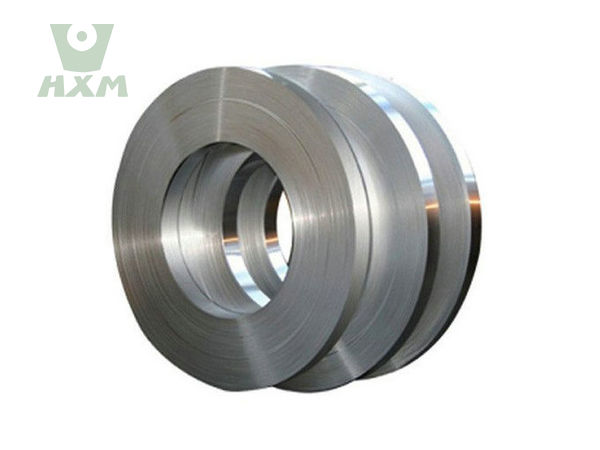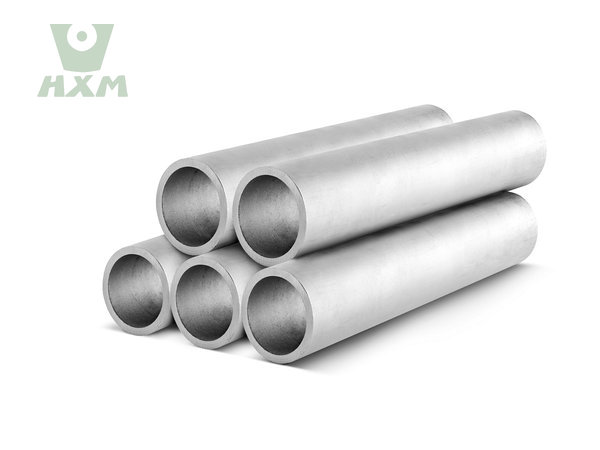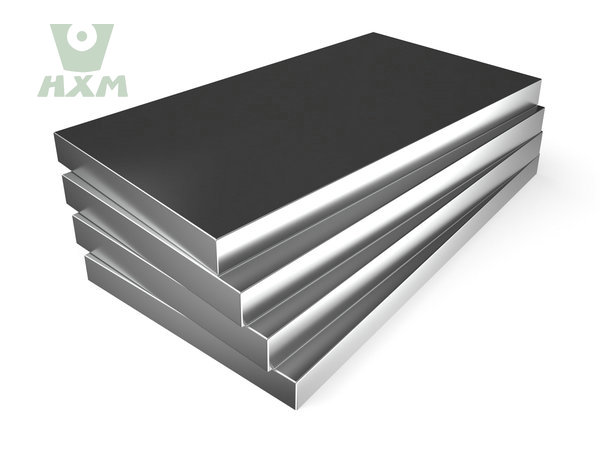Alloys can be 100% recycled, which is in line with the national strategy of environmental protection, energy saving, and resource conservation National policies encourage the expansion of the alloy application fields of high-pressure alloys. At present, the proportion of alloy consumption in China is only half of that in developed countries and the expansion of alloy usage fields provides broader space for industry development. Huaxiao Metal Supplier has various alloy products.
Introduction to Alloy Application
Alloy products are the type of steel that has additional elements added to its composition to enhance its mechanical properties. These elements, such as chromium, nickel, molybdenum, and vanadium, improve the steel’s hardness, corrosion resistance, and tensile strength. This makes alloy steel ideal for a variety of applications where standard steel might fail.
Alloy Application Range of Alloy Steel
- Construction and Infrastructure
- Alloy metal steel is widely used in construction due to its high strength and durability. It is often found in bridges, skyscrapers, and other large-scale structures that require robust materials.
- Data Point: In the United States, alloy metal steel accounts for approximately 20% of all steel used in construction projects.
- Petroleum and Chemical Industry
- The petrochemical industry relies heavily on alloy metal steel due to its resistance to high temperatures and pressures. Valves, pipes, and other components in refineries and chemical plants are frequently made of alloy steel.
- Data Point: The global demand for alloy metal steel in the petrochemical industry is projected to grow by 5% annually over the next decade.
- Food and Pharmaceutical Industry
- Alloy metal steel’s corrosion resistance makes it suitable for use in equipment and machinery that handles food and pharmaceutical products. It ensures that the products remain contamination-free during processing.
- Data Point: The food and pharmaceutical industry consumes nearly 10% of all alloy metal steel produced globally.
- Electric Power Industry
- Alloy metal steel is used in power plants for turbines, boilers, and other critical components due to its ability to withstand high temperatures and pressures.
- Data Point: The electric power industry accounts for 15% of alloy metal steel consumption worldwide.
- Automotive Industry
- Alloy metal steel’s high strength-to-weight ratio makes it an ideal material for automotive components such as engine parts, suspension systems, and structural frameworks.
- Data Point: The automotive industry uses approximately 25% of all alloy steel produced annually.
Data Analysis and Visualization Alloy Application
| Application Area | Percentage of Global Alloy Steel Consumption |
|---|---|
| Construction | 20% |
| Petroleum and Chemical | 25% |
| Food and Pharmaceutical | 10% |
| Electric Power | 15% |
| Automotive | 25% |
| Other (including marine, aerospace, etc.) | 5% |
In the realm of industrial materials, alloy metal steel stands out due to its superior mechanical properties and wide range of applications. From construction and infrastructure to high-pressure environments in the petrochemical industry, alloy steel has proven its versatility and reliability. In this blog, we will explore the extensive application range of alloy steel, supported by data and visual aids. Huaxiao Metal Manufacturer provides the good quality of alloy for sale online, such as, hastelloy, incoloy, inconel, monel, precision alloy, and titanium alloy, welcome to inquire and ask for the price.
Advantages and Characteristics of Alloy Steel
- High Mechanical Properties
- Alloy metal steel exhibits higher tensile strength, hardness, and toughness compared to carbon steel. This makes it suitable for applications requiring high load-bearing capacity and durability.
- Good Hardenability
- The addition of alloy elements improves the hardenability of steel, allowing it to retain its hardness and strength even after heat treatment. This reduces the deformation and cracking of alloy steel parts during quenching.
- Excellent Corrosion Resistance
- Certain alloy elements, such as chromium and nickel, impart excellent corrosion resistance to alloy metal steel. This makes it suitable for applications in harsh environments where corrosion is a concern.
- High Temperature Resistance
- Alloy metal steel can withstand high temperatures without losing its mechanical properties. This makes it ideal for applications in industries such as power generation and petrochemicals, where high-temperature resistance is crucial.
- Versatile and Customizable
- By adjusting the composition of alloy elements, alloy metal steel can be tailored to meet specific application requirements. This versatility allows for the creation of alloy steels with unique properties such as wear resistance, low temperature toughness, and magnetic properties.
In Conclusion
Alloy metal steel’s diverse application range is a testament to its superior mechanical properties and adaptability. From the robust structures of the construction industry to the high-pressure environments of the petrochemical sector, alloy steel plays a crucial role in numerous industries. As technological advancements continue to drive innovation, the demand for alloy steel is expected to grow, further expanding its already vast application range.
In summary, alloy metal steel’s versatility and reliability make it an indispensable material in today’s industrial world. Its ability to withstand extreme conditions and enhance the performance of various machinery and equipment ensures its continued relevance and demand.



